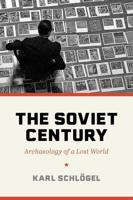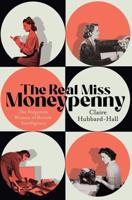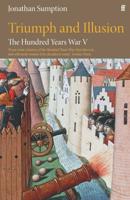Publisher's Synopsis
This historic book may have numerous typos and missing text. Purchasers can download a free scanned copy of the original book (without typos) from the publisher. Not indexed. Not illustrated. 1918. Excerpt: ... CHAPTER III The War Budgets In England the budget is thought of as the speech of the Chancellor of the Exchequer rather than the act of Parliament appropriating the money. This is quite in contrast with the procedure existing in the United States, where there is no budget, and on the continent in Europe, where the budget is viewed as the document setting forth the expenses and the receipts of revenue. The English Budget Defined The English budget, on the contrary, forecasts the nature of the revenue or finance act. The English system shows two great funds: the Civil List and the Consolidated Fund. The first really becomes a royal household budget and the second is the fund dealing with the general expenses of the government. The Consolidated Fund supply services consist of the continuing expenditures which are not made by annual vote. These are the costs of maintaining the Army, Navy, Civil Service, and Revenue departments. The first two need no explanation. The civil services include the expenses of maintaining and constructing public works and buildings; (2) salaries and expenses of civil departments; (3) law and justice; (4) education, science, and arts; (5) the foreign colonial service; (6) noneffective and miscellaneous services; (7) old age pensions, labor exchanges, insurance, etc. The revenue departments include those of (1) customs and excise; (2) inland revenue; (3) the post office. The Consolidated Fund stands to the credit of the Exchequer for which the Bank of England, and the Bank of Ireland are the custodians. In Scotland the custodianship is passed around from year to year among six banks. These funds are administered through the Treasury in which the British Government has a great organ of general control, but in no sense is it a public s...









